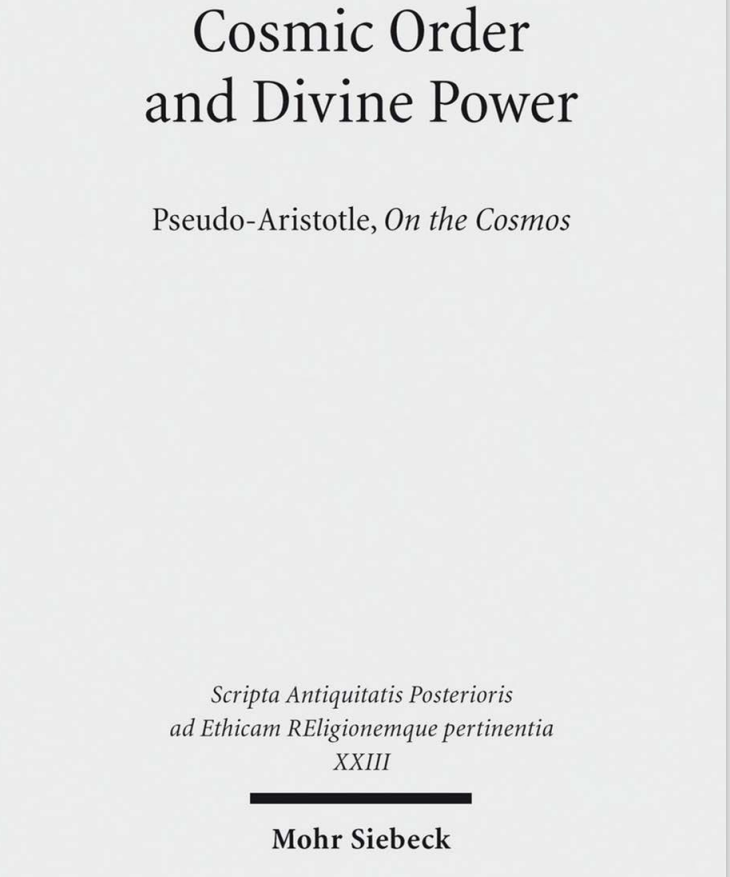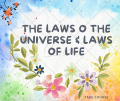
The treatise De mundo (dated around the 1st cent. BCE) offers a cosmology in the Peripatetic tradition which draws also on Platonic and Stoic thought and subordinates what happens in the cosmos to the might of an omnipotent god. Thus the work is paradigmatic for the philosophical and religious concepts of the early imperial age, which offer points of contact with nascent Christianity.
In line with the mission and aims of the SAPERE series, this volume on De mundo is explicitly interdisciplinary by nature, bringing together contributions from scholars from a broad spectrum of disciplines and specialisations which focus on specific topics, each from its own disciplinary perspective.
The volume opens with the Greek text and a new English translation by Johan Thom, a classicist and ancient philosopher. The translation is accompanied by brief notes intended to help the reader understand difficult terms and concepts in the text itself. Thom is also responsible for the general introduction to the treatise.
The first interpretive essay is by Clive Chandler, a classicist specialising in literature and ancient philosophy. He discusses the language and style of De mundo, a crucial aspect of the text, not only because of the richness and diversity of its language, but also because language and style feature prominently in discussions of the text’s authorship, dating, genre, and function.
In her essay Renate Burri, a classicist focusing on ancient geography, treats a section of the first, descriptive part of De mundo, namely the overview of the geography of the cosmos (ch. 3). She demonstrates how the author succeeds in presenting the inhabited world as a connected
and integrated whole, which in turn provides the background for the theological discussion of the cosmos in the second part of De mundo, in which god’s role in the orderly arrangement and maintenance of this whole is explained.
The next essay, by Johan Thom, focuses on the cosmotheology of De mundo, especially as it comes to the fore in the second part of De mundo (chs. 5–7). The main rationale of the treatise is indeed to provide an explanation of the way god interacts with the cosmos, despite the fact that he is independent and separate from the cosmos (‘transcendent’) according to Peripatetic doctrine.
Download “Cosmic Power and Divine law” Cosmic-power-and-devine-law.pdf – Downloaded 15009 times – 8.20 MB





















0 responses on "Cosmic Power and divine law"